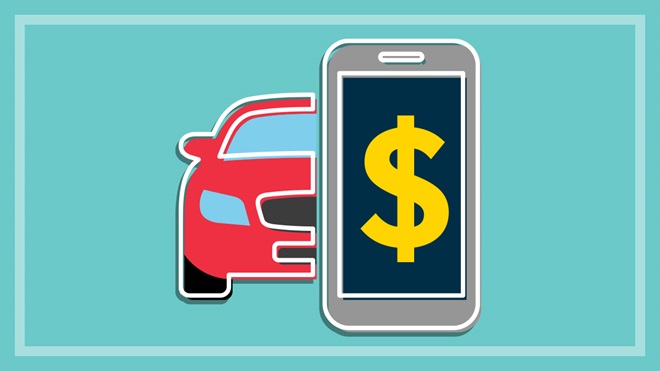Most car insurance policies are very similar, and that's good news for you – it means you have a better chance of understanding what you're buying and getting the best deal.
But if there's not a lot of difference between the policies from different insurers and what they cover or exclude, then what's the best way to choose car insurance?
Mostly it will come down to price – there's a big difference in premiums (the policy cost) between the insurers. And once you've found a policy at a good price, we've got even more tips for further savings.
What most car insurance policies cover
All insurers in our car insurance comparison offer cover for accident, theft, fire, storm, flood, hail and vandalism, and provide at least $20 million of public liability cover.
Most also offer a 24-hour helpline to organise towing when you're in strife; a lifetime repair guarantee (if you use an authorised repairer); and most offer an agreed value policy, which means you usually get to select from a range of values you can insure your car for (some insurers, such as Bingle, offer market-value only).
Common exclusions
There are also several exclusions across the board: you're not covered if your blood alcohol limit is over 0.05, if you use your car for racing, or if you get paid for transporting goods or people (unless you get a policy specifically for this purpose).
And most policies don't cover cash lost if your car is stolen or in an accident, but many will cover jewellery, sporting equipment, mobile devices and electronics such phones and tablets.
1. How much is car insurance – find a cheaper policy
We calculated quotes for an adult driver* and found large savings to be had between the highest and lowest average quotes from different insurers.
| State | Cheapest ($) | Most expensive ($) | How much you can save ($) |
|---|---|---|---|
| ACT | 646 | 1527 | 882 |
| NSW | 798 | 1888 | 1090 |
| NT | 769 | 1627 | 859 |
| Qld | 580 | 1280 | 699 |
| SA | 614 | 1418 | 804 |
| Tas | 601 | 1253 | 652 |
| Vic | 864 | 2034 | 1171 |
| WA | 565 | 1218 | 653 |
*Note: Male or female drivers older than 25, driving a car valued up to $50,000 and less than 10 years old for private use, up to 22,000km per year.
2. Review your policy every year
Car insurers may give the impression, through misty-eyed marketing campaigns and the like, that they value your business – but the reality is they often value new business even more. All other factors being equal, premiums for a renewal could be higher than those for a new policy.
That's why we call it the "loyalty penalty": the insurers cash in on consumers who renew their policies without shopping around. So do yourself a favour and shop around when your insurance is up for renewal.
Insurers cash in on consumers who renew their policies without shopping around
Check your insurer's quote online as a new customer, and get quotes from three other insurers before renewing your premium.
Look out for special offers from insurers, as some will match or beat competitors' quotes, and if you can get a human on the phone, it may well be worth your time to call your insurer and squeeze them further.
3. Pay a higher excess if you can
The excess is how much you'll pay out of your own pocket when you make a claim. Choosing a policy with a higher excess will reduce how much you pay for your cover (also called your 'premium').
So if you can afford to pay more than the standard excess should you need to make a claim, then it could be a good idea. But consider all the excesses that could apply in case of a claim. For example, if you're under 25 and you're the at-fault driver, there's an added 'age excess' you'll have to pay on top of your policy excess.
Choosing a policy with a higher excess will reduce how much you pay for your cover
Increasing the excess on your policy will not only lower your premium upfront, it might also protect you from future premium increases. How?
Well, when you make a claim that the insurer has to pay out, you may find your premium goes up when it's time to renew. Even claims for damages that are out of your control – such as windscreen claims, hailstorm, theft and collision with animals – commonly increase your premium.
But if you have a higher excess, you won't be putting small claims through your insurance, but rather paying for smaller repairs yourself. Not putting these through the insurer means you won't be penalised with higher premiums for making a claim.
4. Ask about a discount for driving less
Comprehensive policies with a 'drive less, pay less' approach limit your cover to a certain number of kilometres, for a cheaper premium.
If you know how much you're driving on average, mention this when you get a quote and use it to negotiate a cheaper premium.
Some insurers offer a discount for low kilometres, and those that don't advertise this may still offer a discount over the phone.
Stock images: Getty, unless otherwise stated.




